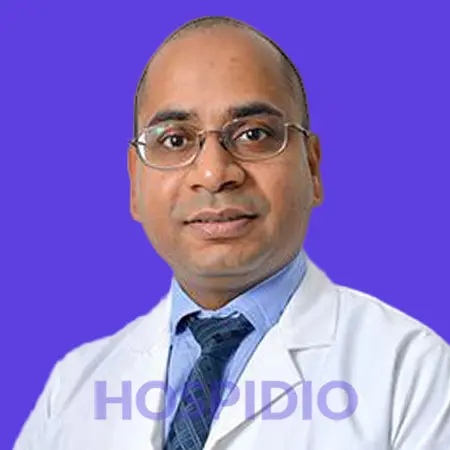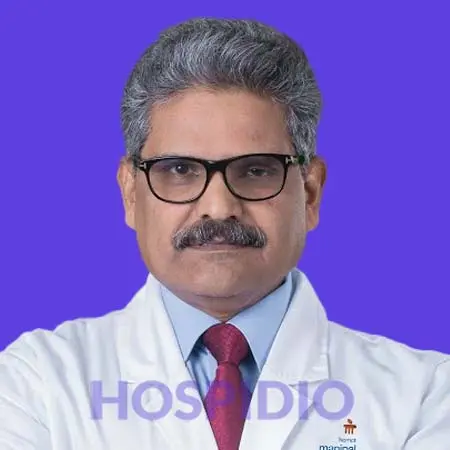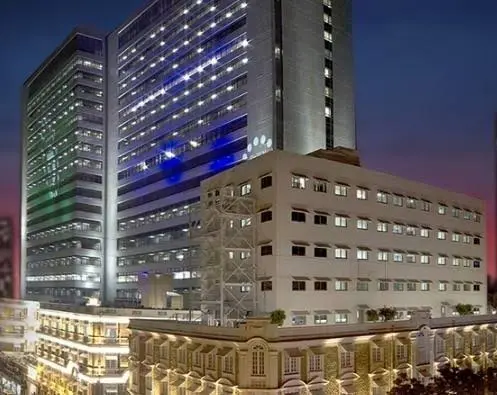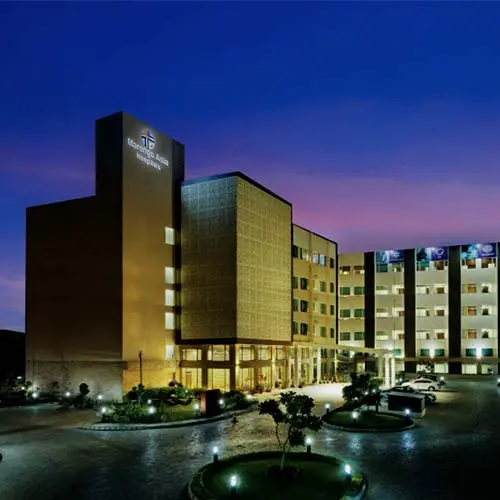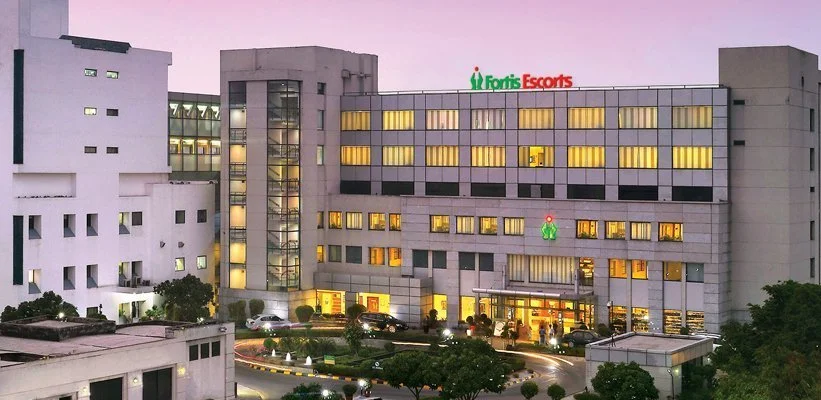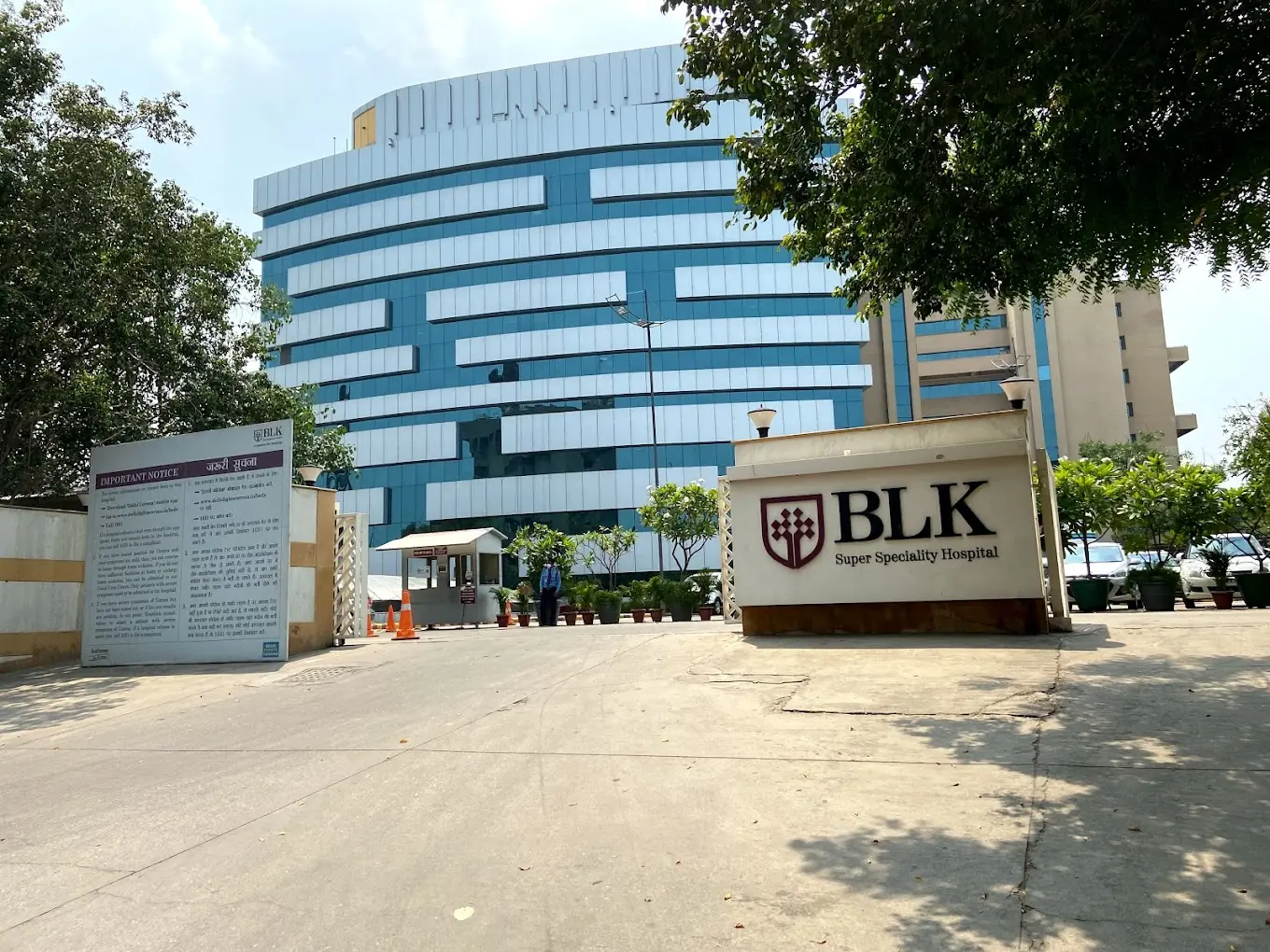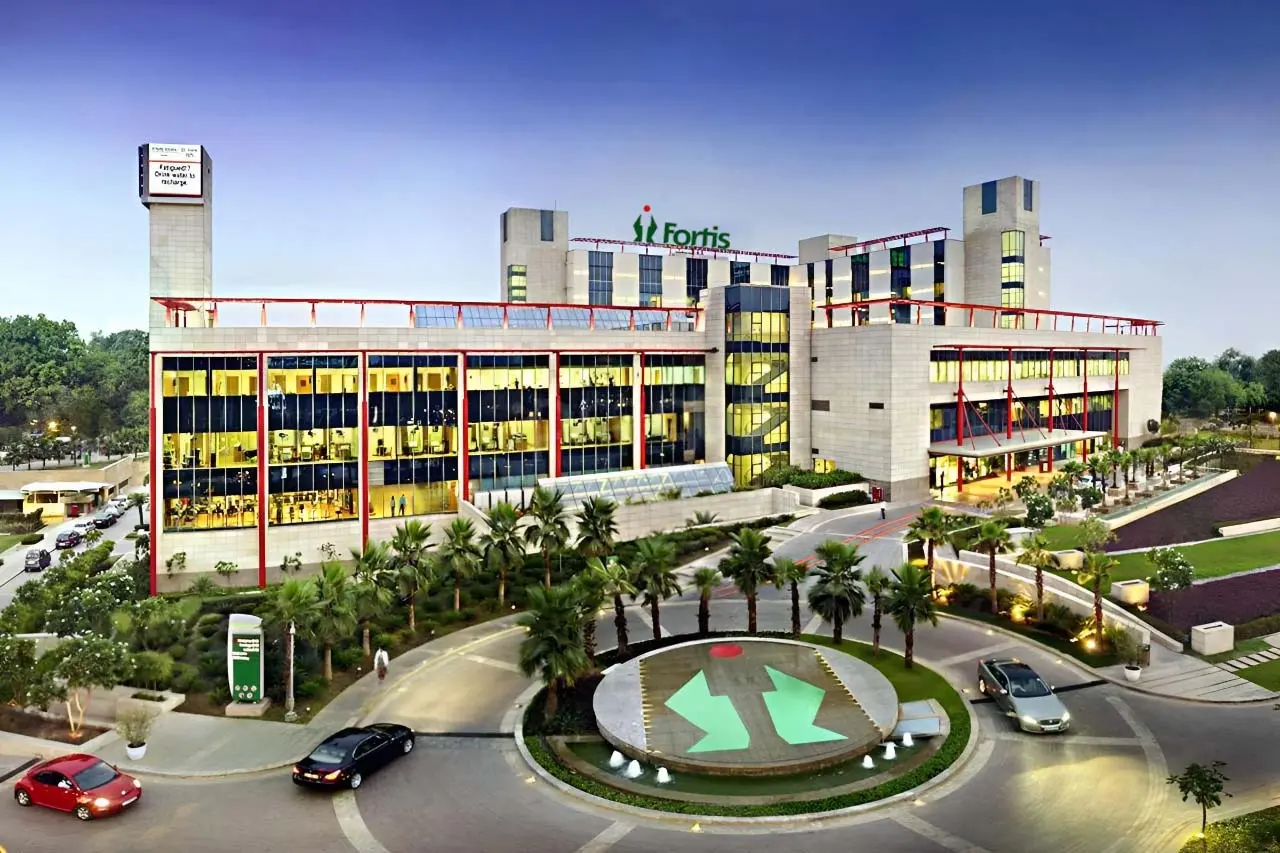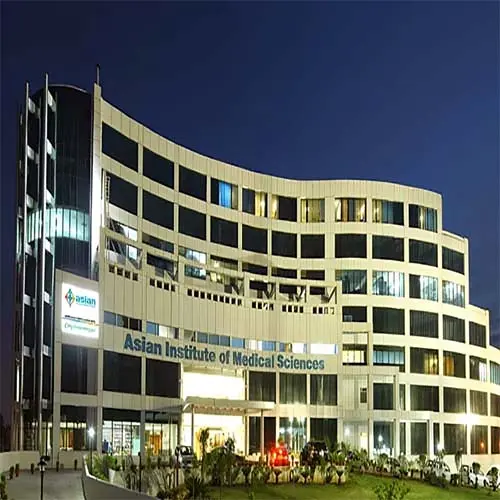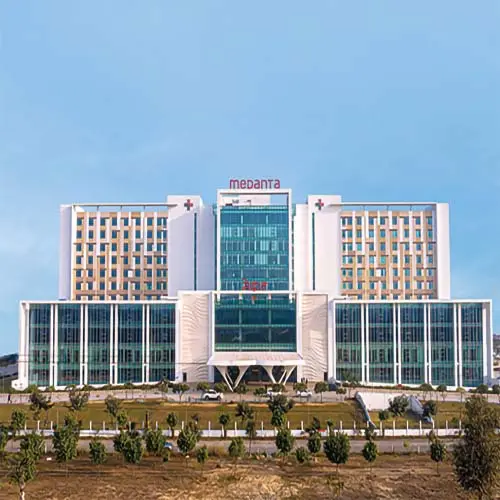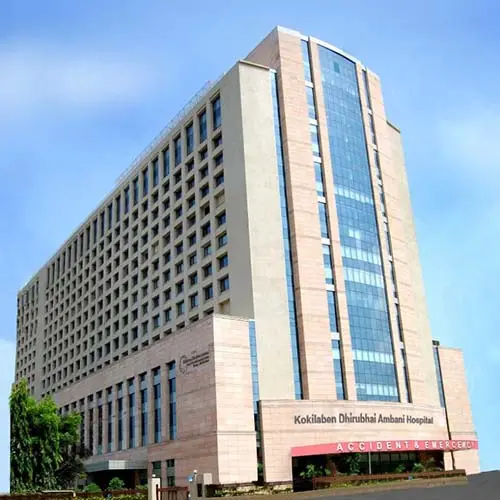VSD Closure Surgery cost in India
The ventricular septal defect (VSD) closure surgery cost in India ranges from $6,200 to $7,500, which is approximately ₹5,25,000 to ₹6,30,000. This is much more affordable than in Western countries, where the same procedure may cost nearly double or triple. India offers world-class hospitals, advanced medical technology, and highly skilled pediatric cardiac surgeons, making it a preferred choice for families worldwide.
Cost Range of VSD Closure Surgery cost in India
A VSD is one of the most common congenital heart defects, where a hole exists in the wall separating the two lower chambers of the heart. If left untreated, it can cause abnormal blood flow, frequent lung infections, poor growth in children, and eventually heart failure. VSD closure surgery is performed to close this hole, either through open-heart surgery or catheter-based minimally invasive techniques, depending on the size and location of the defect.
Recovery after the surgery is usually smooth, especially with minimally invasive methods, and most children are able to lead healthy, normal lives. With affordable costs, expert doctors, advanced pediatric ICUs, and high success rates, India has become one of the most trusted destinations for VSD closure surgery for international patients.
Get a free cost estimate
Who is a candidate for VSD closure surgery in India?
Candidates for VSD closure surgery in India typically include individuals with specific medical indications based on the size, location, and impact of the defect. Here are the key factors determining eligibility:
Symptomatic Patients
- Children or adults with symptoms: Persistent symptoms such as shortness of breath, fatigue, poor weight gain (in children), or frequent respiratory infections may indicate the need for surgical intervention.
- Heart failure: Patients with significant VSDs causing heart failure are candidates for surgery.
Size of the Defect
- Moderate to large VSDs: When the hole is large enough to cause significant left-to-right shunting of blood, increasing the load on the heart and lungs.
- Small VSDs with complications: Though small defects may not always require surgery, if complications like infective endocarditis or aortic valve prolapse arise, closure may be recommended.
Pulmonary Hypertension
- Preventing irreversible damage: Candidates with moderate pulmonary hypertension due to increased blood flow to the lungs may need surgery to prevent long-term damage.
- Exclusion in Eisenmenger syndrome: Patients with advanced pulmonary hypertension (Eisenmenger syndrome) may not be candidates due to irreversible changes in lung vasculature.
- Left Ventricular Overload Increased workload: When VSD causes volume overload on the left ventricle, leading to heart enlargement or reduced function, closure is necessary.
Recurrent Infections
- Frequent infections: Recurrent pneumonia or respiratory infections due to increased lung blood flow make a patient a candidate for surgery.
Age Considerations
- Infants and young children: Surgery is often done in infancy or early childhood if the defect is large or symptomatic.
- Adults: Adults with undiagnosed or untreated VSDs with complications may also require surgery.
Associated Conditions
- Congenital heart defects: Candidates may include those with additional congenital anomalies that need simultaneous correction.
- Aortic valve regurgitation: If the VSD is causing leakage of the aortic valve, surgical repair may be advised.
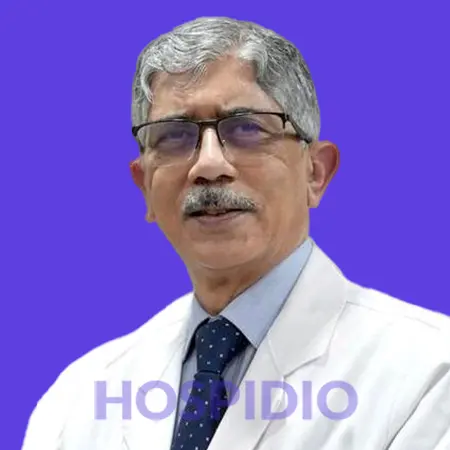
Types of VSD Closure Surgery and Cost
Here is an overview of the common types of VSD closure surgery along with their approximate cost range in USD:
Types of VSD Closure Surgery in India | Cost Range in USD |
Surgical (Open heart) or Minimally Invasive VSD Closure Surgery Open-heart surgery involving sutures or a patch to close the defect, typically used for large or complex VSDs. Minimally invasive surgery uses smaller incisions and specialized tools to close the VSD with minimal scarring. | 6500 to 7500 |
Device VSD Closure Surgery A minimally invasive procedure using a catheter to place a closure device over the defect without open surgery. | 6200 to 7000 |
Get a free cost estimate
City wise Cost Comparison for VSD Closure Surgery in India
City | Cost in USD |
New Delhi / NCR | 6200 to 6800 |
Mumbai | 6800 to 7500 |
Bangalore | 690 to 7600 |
Chennai | 6500 to 7000 |
VSD Closure Surgery Cost in India Inclusions
Surgeon fee, OT charges, anesthesia
ICU stay as needed
Pre-operative outpatient consultations
Routine drugs and consumables required during hospitalization
Pre-anesthesia check up and clearance
Hospital stay and meals as per the package
VSD Closure Surgery Cost in India Exclusions
Pre-operative examination and clinical tests
Hotel stay, meals and flights
Extended hospital stay (if needed)
Post-operative examination after discharge
Other Factors Affecting VSD Clsoure Surgery Cost in India
Choice of location, doctor and hospital
Pre-existing medical history
Overall patient status and condition at the time of procedure
Diagnostic Tests Before VSD Closure Surgery
Types of Tests For VSD Closure Surgery in India | Cost Range in USD |
Blood Tests: These include the basic blood investigations for the patient to check organ functioning and infection status. | 30 to 50 |
Electrocardiogram (ECG or EKG): A quick, painless test that checks your heart's electrical activity, showing how it beats. | 50 to 70 |
Echocardiogram: Uses ultrasound to create images of the heart's structure and assess its function. | 50 to 90 |
| Chest X-rayProvides a visual of heart size and any lung congestion or abnormalities caused by abnormality. | 20 to 30 |
Why is India preferred as one of the best countries for VSD closure surgery?
India is one of the most preferred destinations for "hole in the heart" (VSD) surgery due to its combination of advanced medical infrastructure, skilled cardiac surgeons, affordability, and high success rates. The country is home to world-class hospitals equipped with cutting-edge technologies such as 3D echocardiography, robotic-assisted surgery, and hybrid operating rooms, ensuring precise and safe procedures. Indian cardiac surgeons are globally recognized for their expertise, having extensive experience in performing complex congenital heart defect surgeries, often achieving outcomes comparable to top international standards.
Unique to India is the availability of specialized pediatric cardiac units and programs, with multidisciplinary teams that include pediatric cardiologists, intensivists, and anesthesiologists dedicated to congenital heart disease management. Additionally, the cost of VSD surgery in India is significantly lower than in Western countries, often 60-80% less, without compromising quality, making it highly accessible for international patients. Hospitals also provide end-to-end care for medical travelers, including visa assistance, accommodation, and language support, further enhancing India’s appeal for cardiac surgeries.
Best Hospitals for VSD Closure Surgery in India
FAQs
VSD (Ventricular Septal Defect) closure surgery is a procedure to repair a hole in the wall between the two lower chambers of the heart. The hole is either closed with stitches or a special patch, so blood flows normally.
Doctors recommend this surgery if:
- The hole is large and does not close on its own.
- The child or adult has symptoms such as fast breathing, poor growth, or frequent infections.
- The heart is under stress due to extra blood flow.
There are two main methods:
- Open-heart surgery: The surgeon closes the hole with stitches or a patch.
- Catheter-based closure (device closure): A small device is placed through a thin tube inserted into a blood vessel, without open surgery.
The success rate of VSD closure in India is over 95%. Most patients live a normal, healthy life after surgery.
- Most children and adults recover in 2–4 weeks after open surgery.
- After device closure, recovery is usually within 1 week. Patients can return to school or work soon after the doctor’s advice.
Yes. VSD closure is a common and safe procedure with very high success rates in India. Complications are rare when done by experienced heart surgeons.

